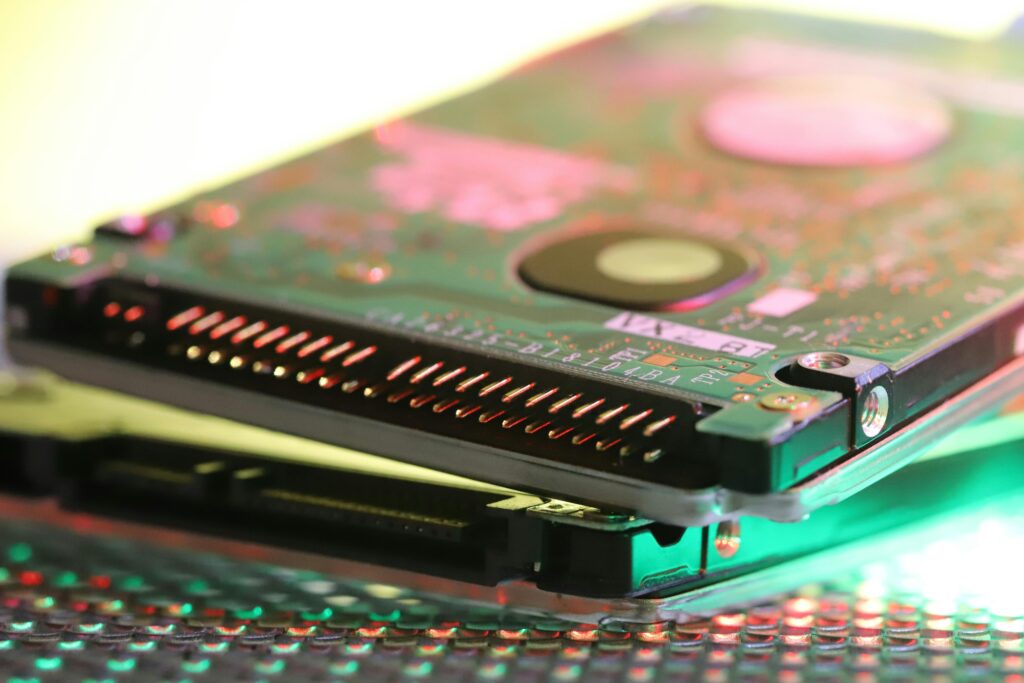
Artificial intelligence (AI) is rapidly transforming many industries, from healthcare to finance. But as much as AI has progressed, its potential to revolutionize human body performance is just beginning to be realized. One of the most exciting frontiers in AI research lies in its intersection with neuroscience. By leveraging insights from the brain and nervous system, AI can be developed to optimize human physical and cognitive performance in ways we never thought possible. In this article, we’ll explore how neuroscience is driving the development of AI systems that enhance the body’s performance, promote health, and even extend human capabilities.
The Link Between Neuroscience and Artificial Intelligence

Neuroscience is the study of the nervous system, particularly the brain, and it’s critical to understanding how we function. Artificial intelligence, on the other hand, focuses on creating systems that can mimic or exceed human intelligence. By integrating these two fields, researchers are beginning to build AI models that not only replicate certain brain functions but also optimize and enhance them. This synergy is known as neuro-inspired AI, a growing area of research aiming to make machines and AI systems more efficient by modeling them after biological processes.
One of the primary ways neuroscience influences AI is through the development of neural networks. Neural networks are designed to mimic the human brain’s neurons and synapses, allowing AI to “learn” from data in ways that are similar to human learning. These networks can process vast amounts of data at incredible speeds, which is particularly beneficial for improving physical performance, rehabilitation, and even athletic training.
Improving Physical Performance Through AI and Neuroscience
One of the most tangible ways neuroscience can help develop AI for better body performance is through movement optimization. Neuroscientists study how the brain coordinates with muscles to execute precise and efficient movements. This research can then inform AI systems to create better models for improving human motor functions.
For instance, AI systems integrated with neuroscience principles are used to develop exoskeletons—external devices that support and enhance human movement. These exoskeletons can assist people with mobility impairments by allowing them to walk or perform tasks they otherwise couldn’t. Moreover, AI-guided exoskeletons can help individuals recover from injuries by analyzing their gait patterns and adjusting support in real-time, making rehabilitation more effective and quicker.
Athletes are also benefiting from AI systems rooted in neuroscience. AI-driven coaching systems can analyze how an athlete’s brain and body interact during peak performance. By identifying areas where movements can be optimized or energy can be conserved, these systems provide feedback that enhances endurance, strength, and precision. Neuroscience helps refine these systems to account for the cognitive demands of high-level athletic performance, ensuring that mental and physical strategies are perfectly aligned.
Cognitive Enhancement Through AI
While optimizing physical performance is crucial, the enhancement of cognitive abilities is equally significant. Neuroscience research has shown that cognitive functions like attention, memory, and learning are all closely tied to neural activity in the brain. By using AI systems to monitor and even stimulate these neural activities, researchers are developing ways to improve cognitive functions, particularly in those who experience neurological decline due to aging or illness.
For example, brain-computer interfaces (BCIs), which connect the brain directly to external devices, use AI algorithms to interpret brain signals in real time. These BCIs are already being used to assist individuals with paralysis in controlling computers or robotic limbs simply by thinking. In the future, these technologies could be adapted to enhance mental performance for healthy individuals, such as improving focus during tasks or enhancing memory retention.
Neuroscience also plays a role in developing AI for mental health management. AI-powered mental health apps use techniques like cognitive behavioral therapy (CBT) to offer personalized, evidence-based recommendations for users suffering from anxiety, depression, or stress. By integrating insights from neuroscience about how the brain responds to therapy, these apps are becoming more effective at addressing mental health issues while promoting overall cognitive well-being.
AI for Monitoring and Enhancing Sleep Patterns
Sleep is essential for physical and mental well-being, and it plays a critical role in body recovery and cognitive performance. Neuroscientists have long studied the complex processes that occur in the brain during sleep, such as memory consolidation and the regulation of emotional states. With AI, we now have the tools to monitor sleep more precisely and even intervene when necessary to improve it.
AI-driven sleep trackers use a combination of brainwave monitoring and machine learning algorithms to assess sleep quality. They analyze data like sleep stages (REM, deep sleep), heart rate, and breathing patterns to provide detailed insights into sleep habits. More advanced AI systems are being developed to not only track sleep but also suggest personalized improvements, such as adjusting sleep schedules or providing real-time biofeedback to encourage deeper, more restorative sleep.
Moreover, AI technologies based on neuroscience research are also being explored to treat sleep disorders like insomnia or sleep apnea. By analyzing brain activity during sleep, AI can identify patterns that indicate disrupted sleep and propose interventions, from behavioral changes to tailored therapeutic treatments.
Neuroscience-Inspired AI in Healthcare
Beyond physical performance and cognitive enhancement, neuroscience-driven AI is transforming healthcare by improving diagnostics, treatment plans, and patient outcomes. AI diagnostic tools are increasingly being used to detect neurological disorders like Alzheimer’s disease, Parkinson’s disease, and epilepsy by analyzing brain scans and patient data. These systems can detect early warning signs that even skilled clinicians might miss, enabling earlier and more effective interventions.
Neuroscientific insights are also guiding the development of AI for personalized medicine. By understanding the brain’s role in individual responses to medications, AI algorithms can predict how a person’s brain chemistry will interact with specific drugs. This allows doctors to prescribe the most effective treatments with fewer side effects, particularly in mental health care and neurodegenerative conditions.
Additionally, neuroscience-inspired AI is making significant strides in pain management. Chronic pain, particularly neuropathic pain, often stems from abnormalities in the nervous system. AI systems are being trained to analyze brain signals associated with pain, allowing for more accurate diagnoses and personalized pain management strategies. In the future, these systems could be used to develop non-invasive treatments, such as neurostimulation devices, that provide relief by altering brain activity in targeted ways.
The Ethical Considerations of Neuroscience and AI Integration
While the benefits of combining neuroscience and AI are immense, it’s essential to consider the ethical implications. Brain data privacy is a growing concern as more advanced AI systems gain access to sensitive neural information. Ensuring that individuals’ brain data remains secure and is used responsibly will be critical as neuro-inspired AI becomes more prevalent.
Additionally, there’s the question of how these technologies might widen existing health disparities. Those with access to AI-driven health tools and cognitive enhancements could gain significant advantages over others, potentially exacerbating inequality in health and well-being. Ensuring that these innovations are accessible to all will be a vital consideration moving forward.
Future Possibilities: Extending Human Capabilities
As AI continues to evolve alongside advances in neuroscience, the possibilities for enhancing human capabilities are virtually limitless. In the near future, we might see AI systems capable of helping individuals break through current physical and cognitive limitations. These systems could enhance everything from fine motor skills to decision-making processes, leading to more effective athletes, more productive workers, and better overall well-being.
Neuro-inspired AI could even be the key to unlocking human augmentation, where AI helps the body exceed its natural limits. This could include everything from AI-powered prosthetics that move with the precision and dexterity of natural limbs to neural implants that boost cognitive functions like memory, creativity, and problem-solving abilities.
Conclusion
The intersection of neuroscience and AI represents one of the most exciting frontiers in modern science. By leveraging our growing understanding of the brain, researchers are developing AI systems that can enhance physical performance, boost cognitive abilities, and improve health outcomes. As these fields continue to converge, the potential for AI to optimize the body’s performance and extend human capabilities will only grow. However, it’s essential to address the ethical challenges that come with these advancements to ensure that the benefits are shared widely and equitably.
References:
- Reardon, S. (2023). The Neural Network Revolution: How Neuroscience is Shaping AI Development. Journal of Computational Neuroscience, 45(2), 215-232.
- Farah, M. J. (2023). Neuroethics: Privacy and Security in the Age of AI and Brain Science. Nature Neuroscience, 26(5), 465-472.
- Gazzaniga, M. S., Ivry, R. B., & Mangun, G. R. (2023). Cognitive Neuroscience: The Biology of the Mind (6th ed.). W. W. Norton & Company.

